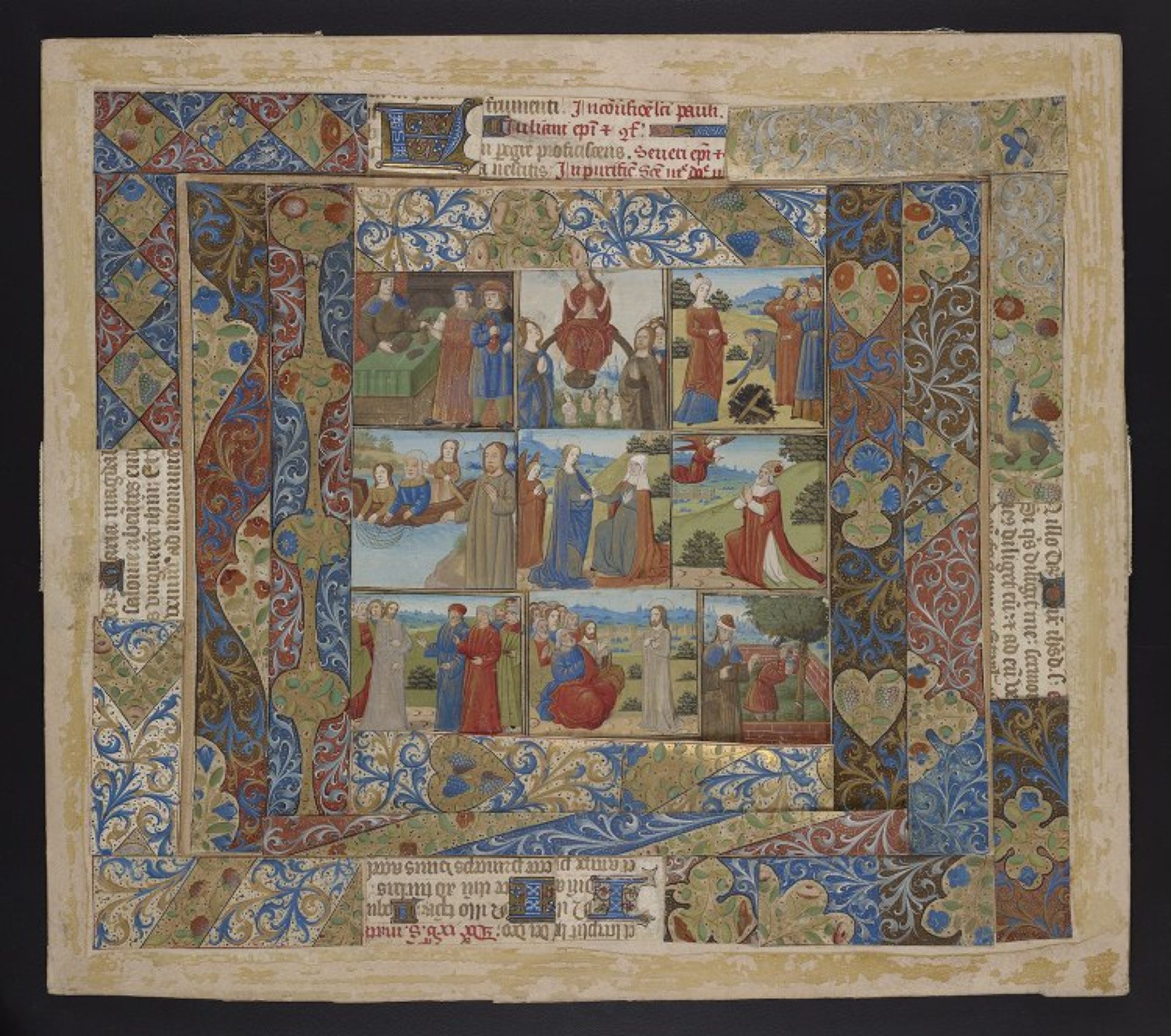Happy August 1!
I had a really wonderful time at Digital Humanities 2012 (http://www.dh2012.uni-hamburg.de/), where I presented a poster on medievalists’ use of digital resources. Most of the presentations were recorded, and have been made available through the conference program (http://www.dh2012.uni-hamburg.de/conference/programme/).
There were several lectures I attended (and a couple I didn’t) that I’d recommend. On the first day, Lief Isaksen and Elton Barker presented “Pelagios: An Information Superhighway for the Ancient World” (http://lecture2go.uni-hamburg.de/konferenzen/-/k/13918) – proving once again that the Classics are on the forefront of digital work. It’s a bit unfair really; if there were a single gazetteer for medieval place names, we could do this too! I really believe that it’s the gathering of (high-quality, referenceable) data that’s the hard part. Once you do that work, applying technologies to the data to do interesting things is a bit of icing on the cake.
Speaking of Classicists (and because I’m a big fan of papyri.info and the folks behind it), I really enjoyed Marie-Claire Beaulieu “Digital Humanities in the Classroom: Introducing a New Editing Platform for Source Documents in Classics“, in which Dr. Beaulieu presented an extended version of the Son of Suda Online platform (which runs papyri.info), modified to enable the editor to include the image as part of the edition (something that was talked about in the original SoSOL proposal but wasn’t ever made part of that project). I’m in contact with Dr. Beaulieu and her group and will be adding this new tool to this site as soon as the final code is available! That will be fun. Unfortunately the recording of her talk is not available.
If you watch only one lecture from the conference, make it Patchworks and Field-Boundaries: Visualizing the History of English by Marc Alexander (http://lecture2go.uni-hamburg.de/konferenzen/-/k/13931). Dr. Alexander won the best paper award at the conference, and it was well deserved. His team mapped out the English Language by topic, and created several different maps comparing the language as it was a various points in history (Chaucer’s time, Shakespeare’s time, mid-19th century, and today). Very, very cool and interesting stuff. And it doesn’t hurt that Dr. Alexander is such a dynamic and engaging speaker.
Time for me to go to work. I will have another post later with some other suggestions for lectures to see (including some I missed myself, but intend to go back and watch now), and a bit about the lecture I presented in Leipzig. Then, it will be back to page turning and Omeka experiments!
